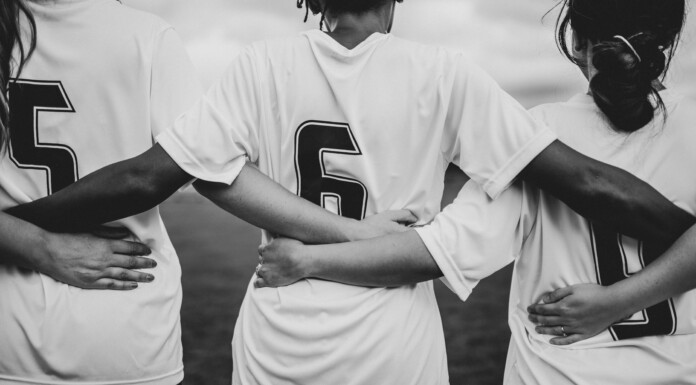Despite the progress that has been made, there is still more ground to cover regarding equal pay and visibility within women’s sports.
The efforts to sell the 2023 Women’s World broadcasting rights as an independent product rather than a packaged deal with the men’s World Cup was successfully granted, making it the first women’s World Cup to do so.
Fifa president Gianni Infantino, thankfully, lashed out at broadcasters earlier this year, for offering to pay too little to broadcast the women’s World Cup.
“Should the offers continue not to be fair, we will be forced not to broadcast the Fifa Women’s World Cup into the ‘big five’ European countries,” he said at a World Trade Organisation meeting in Geneva.
“To be very clear, it is our moral and legal obligation not to undersell the Fifa Women’s World Cup.
“Broadcasters, especially public broadcasters funded by taxpayers’ money, should put their action behind their words because they rightfully criticise football organisations or other sporting organisations for not paying equally women and men,” Infantino said.
England, France, Germany, Italy, and Spain have now since agreed for the World Cup to have its own online streaming option.
Minister for Sport and Recreation Grant Robertson said in a media statement published on Friday, “Hosting three world cups in New Zealand has been a real boost for women’s sport.”
“Women’s sport now accounts for28 per cent of all sports news coverage – up from 21 per cent in 2021 and 15 per cent in 2020. This represents another huge improvement in 12 months, with coverage up across all major media outlets.” Robertson said.
“It also shows the Government’s Women and Girls in Sport Strategy is having a real impact, with women’s sport only making up 11 per cent of coverage before the strategy was put in place up to 28 per cent now – that’s a 155 per cent improvement.”
Money aside, the women’s football World Cup and last year’s women’s rugby World Cup offered a golden opportunity to make tangible strides to recognise women in sports at roughly the same level of recognition we see in men’s sports.
Moreover, a viral French advert showing how women’s football can be as exciting as the men’s game has now been added to the favourites list.
The 2-minute-long video, created by the agency Marcel for French telecom company Orange, reveals that the “real” male French footballers are really women players, and the whole thing was a deep fake.
The male football players’ faces had been superimposed onto the bodies of the Les Bleues women players.
With over 5 million YouTube views, “It’s the best ad I’ve seen anywhere put out for their women’s team … They are super, super fun to watch, and what a great way to get people on board who maybe think women’s soccer is not going to be as exciting or as interesting,” one person commented.
We still have a long road ahead until we see the marketing and promotion of women’s sports is at an even playing field to men’s sports, but creating a future where gender equality reigns supreme on and off the field is something we should all look forward to.


